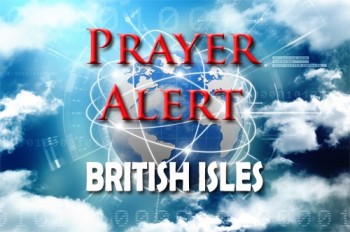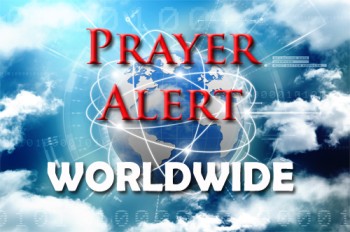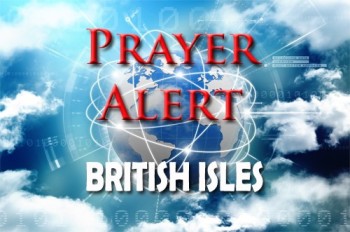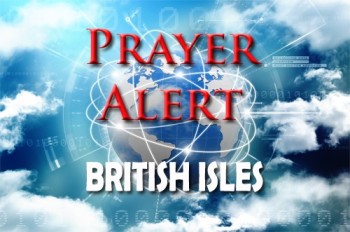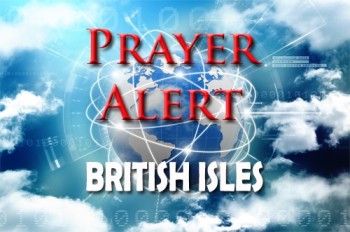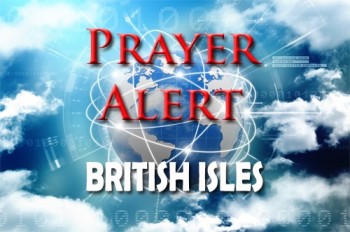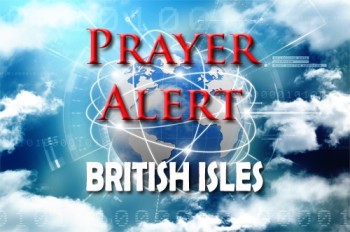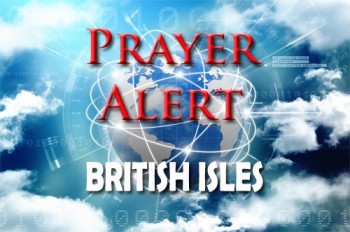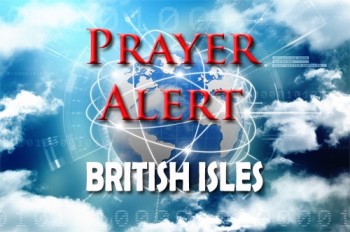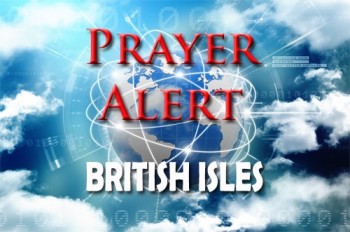Displaying items by tag: pornography
Three-year-olds being 'manipulated into sexual abuse online'
In 2023, the Internet Watch Foundation (IWF) reported a 27% increase in 'self-generated' child sexual abuse images and videos, marking a disturbing trend involving very young children, including those as young as three years old. The foundation particularly noted a significant rise in the most severe imagery, which involves the worst forms of sexual abuse. Perpetrators are targeting children within the safety of their own homes, manipulating them into producing abusive content through devices commonly found in family settings. Most imagery was captured in children’s bedrooms, often surrounded by innocent items like toys and cartoon-themed bedding. The IWF stresses that 'self-generated' does not imply the child is at fault, but rather highlights the grim reality of grooming and coercion by online predators. It has urged early education about online dangers for children under six and called for significant protective measures from tech companies.
USA: school district may ban Bibles
Under a new Utah law that gives parents the right to challenge or report materials considered indecent, one parent wants the Bible removed from Davis School District, for its ‘pornographic’ content. If a book includes descriptions of sexual acts it must be immediately removed from school shelves. The parent sent an eight-page document to the school board stating, ‘Get this PORN out of our schools’, and quoted offensive Bible passages describing rape, incest, sex, and nudity. The district has removed 33 books from schools due to previous requests. Parents can also ask their child’s school to restrict a student from checking out certain titles. This parent wants the Bible completely removed because the Holy Book has ‘no serious value for minors’. The First Liberty Institute referred the review committee to surveys. One statistic established that 98% of English teachers said students who do not know the Bible are at a disadvantage when studying literature.
Online Safety Bill changes
New plans to change the online safety bill will see the UK come one step closer towards making the internet a safe place for young people by preventing access to content that promotes suicide, eating disorders and self-harm. The amendment will give the act additional teeth to deliver change and ensure that people are held to account if they fail to properly protect children. Christian charity CARE welcomed the amendment but said further action still needs to be taken. They would like to see the government go further to protect children from the specific harms caused by pornography and for children to be afforded the same protections in the online world as they are offline.
MP resigns after porn madness
Neil Parish, the MP for Tiverton and Honiton, has resigned after admitting he watched pornography twice in the House of Commons. He said it had been a ‘moment of madness: I was not proud of what I was doing’. The first time was accidental after he looked at a tractor website, but the second time was deliberate. Mr Parish appeared emotional as he announced he was standing down after seeing the furore and damage it was causing his family and his constituency. This will trigger a by-election in what is a safe Tory seat. But this story - and others - have damaged Parliament's reputation, and the Conservative Party. Both will be hoping that Mr Parish's resignation will help them start to move on.
MP watching porn in Parliament
The Conservative Party is looking into reports that a male Tory frontbencher watched pornography on his phone in the House of Commons debating chamber. Christian charity CARE said the ‘harms’ of pornography are ‘truly distressing’ and the political class must take account of porn's harms. A 2018 report found over 24,000 attempts to access pornographic websites from parliamentary computers. CARE said that members of parliament watching pornography openly in and around the House of Commons, in front of colleagues, shows a cavalier attitude that ignores the feelings of others and displays a disturbing lack of empathy for victims. The porn industry publishes videos of underage and non-consensual sex, rape, violence, and other vile behaviours. Children are damaged through encountering porn online. This MP appears not to care. The harms of the porn industry, and pornography consumption, are truly distressing. Our political class must recognise and take account of them.
CARE on online safety bill
Last week we prayed for better laws and legislation to safeguard children from online sexual exploitation. This week the Christian charity CARE said that the legislation - as it stands - falls short of safeguarding children. They said many amendments must be made to the bill, such as the issue of age verification measures. Tim Cairns said, ‘Last year, they drafted a bill that didn't cover all pornography websites. They amended the bill and the second reading was on 19 April.’ CARE said that there are still issues to be ironed out. For example, websites with self-selecting tick boxes do not meet the requirements for age assurance, or age verification. CARE said, ‘There is a moral duty to do this, given its broken promise to usher in age checks in 2017. Ministers can’t afford to let children down a second time.’
Safer internet for children
On 8 February, the day dedicated to safer internet, the department for culture, media and sport and MP Chris Philp published the Online Safety Bill, which will force pornography websites to prevent underage access including by using age verification technologies. They believe that children will be better protected from online pornography under the new measures in the Government’s pioneering new internet safety laws. Pray that all sites that publish pornography will successfully put robust checks in place to ensure their users are over 18 and that no one slips through the safety net. If sites fail to act, Ofcom will be able to fine them up to 10% of their annual worldwide turnover or can even block them from being accessible in the UK. Bosses of these websites could also be held criminally liable if they fail to cooperate with Ofcom.
Government must curb internet pornography
CARE has urged ministers to curb internet pornography, to prevent more cases of sexual violence. During proceedings at the Old Bailey this week, it emerged that rapist and murderer Wayne Couzens viewed ‘brutal pornography’ before committing his crimes. A former colleague noted his attraction to ‘brutal sexual pornography’. The Government’s own research in February found that the majority of frontline workers spontaneously mentioned pornography as an influential factor for harmful sexual behaviour towards women and girls. CARE campaigned successfully for legislation to curb porn sites and restrict access by children. However, these measures were scrapped by the Government in 2019. CARE said that the Couzens case is an example of where porn obsession can lead. If we want to avoid more such cases, the Government must stop men accessing sites which glorify rape and violence.
Predators groom children online
A new Internet Watch Foundation (IWF) study indicates internet sex predators are manipulating children to record their own sexual abuse, and that of their friends and siblings. The new research reveals this ‘disturbing’ trend is eight times worse than experts had feared. The IWF is the UK-based charity responsible for finding and removing images and videos of children suffering sexual abuse from use of the internet. The rise in ‘self-generated’ child sexual abuse imagery being created and shared online often occurs after a child has been groomed, bullied, or blackmailed by an adult. Between 28 September and 23 December, 511 self-generated child sexual abuse images and videos assessed in this period were also found to involve siblings. That’s eight images or videos each working day. IWF said the youngest children are the most vulnerable, and often disproportionately suffer the worst kinds of abuse. It often takes place in children’s own bedrooms, when parents think children are safe – playing with their siblings.
Championing sexual purity in a pornographic age
We are living in an age of unprecedented sexual revolution. Very quickly we have moved from acceptance and toleration of LGBT lifestyles to an active promotion of LGBT ideology by government agencies, schools, corporations, and even churches. Similarly, pornography has gone from being an underground sexual fetish to being publicised and even praised by mainstream media. But it remains an unseen and under-discussed root of the sexual revolution, damaging lives and relationships and creating addicts who feel trapped and unable to break free. There are porn addicts in most churches, if not in every church, as well as in schools, workplaces, and communities. At a conference on 29 - 30 January 2020, Christian Concern plan to discuss the roots of the sexual revolution and hear from speakers who have broken free from sex addictions or helped others to break free. If you wish to attend, or for more information, click the ‘More’ button. See also the next article, ‘Teenage morality’.
